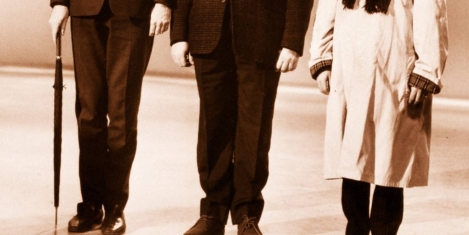January 31, 2020
Communicating employee rewards boosts engagement
 Communicating a business’s “employee value proposition” or EPV – the package of rewards that it offers in return for the person’s performance at work – is having an increasingly positive impact on employee engagement, retention and recruitment, research has claimed. Aon’s Benefits & Trends 2020 Survey (registration required) suggests that although the percentage of employers who have, or are working towards, an EVP remains similar to last year (76 percent), the number that now communicate it to staff has increased. Of those employers that have an EVP, 77 percent now explain it to employees, an increase of 9 percent on 2019.
Communicating a business’s “employee value proposition” or EPV – the package of rewards that it offers in return for the person’s performance at work – is having an increasingly positive impact on employee engagement, retention and recruitment, research has claimed. Aon’s Benefits & Trends 2020 Survey (registration required) suggests that although the percentage of employers who have, or are working towards, an EVP remains similar to last year (76 percent), the number that now communicate it to staff has increased. Of those employers that have an EVP, 77 percent now explain it to employees, an increase of 9 percent on 2019.















 In 2013, two Australian academics set out to discover the answer to a deceptively simple question. Why is there such a thing as colour psychology, but not shape, line or texture psychology? The answers they come up with are complex, arcane and wide-ranging but they manage to sum them up to some extent in the conclusion to
In 2013, two Australian academics set out to discover the answer to a deceptively simple question. Why is there such a thing as colour psychology, but not shape, line or texture psychology? The answers they come up with are complex, arcane and wide-ranging but they manage to sum them up to some extent in the conclusion to 

















September 8, 2020
Frontline and front of mind; communicating with employees away from HQ
by Julien Lesaicherre • Comment, Flexible working, Technology